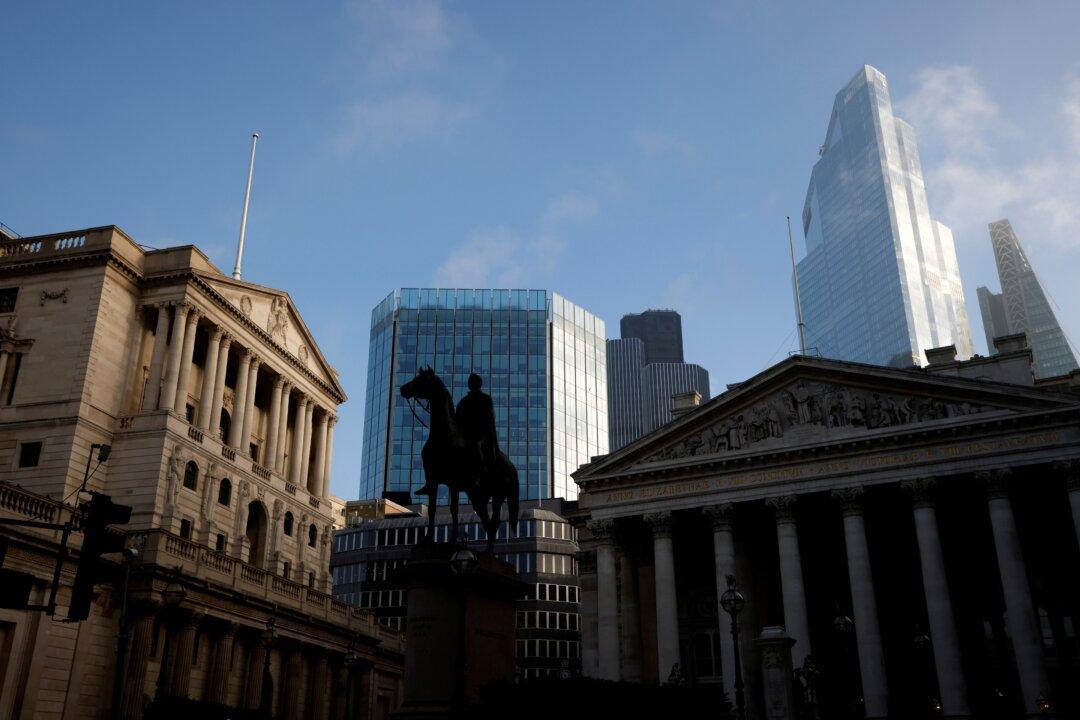Banks in the United Kingdom are preparing to again roll out lockdown plans used during the COVID-19 pandemic in an effort to stave off potential power shortages this winter amid an energy crisis.
A number of banks, lenders, building societies, and branch officers of overseas banks have been holding regular joint discussions and reexamining policies, such as encouraging employees to work from home, according to the trade body UK Finance, which is coordinating the discussions.




